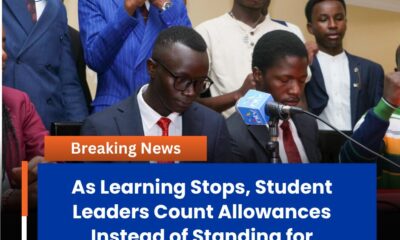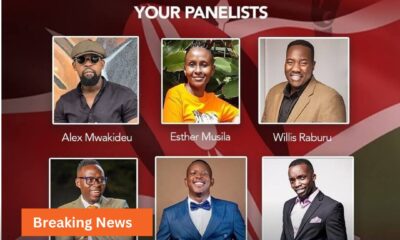Despite U.S. findings, Trump’s 2020 warning to Putin came with a grin.
President Trump appeared to make light of Russia’s interference in the 2016 election on Friday as he met with President Vladimir V. Putin — seeming to again dismiss the conclusions of American intelligence agencies and the special counsel, Robert S. Mueller III.
At the opening remarks before the leaders’ meeting, a reporter asked whether Mr. Trump would tell Russia not to meddle in American elections. “Yes, of course I will,” he answered.
Turning to Mr. Putin, he said with a slight grin, “Don’t meddle in the election.”
Mr. Putin smiled, and Mr. Trump pointed at another Russian official, repeating, “Don’t meddle in the election.”
The remarks risked another domestic political backlash like the one Mr. Trump endured after the leaders’ last official meeting in Helsinki, Finland, when Mr. Trump, standing at Mr. Putin’s side, challenged the conclusion of his own intelligence agencies about the Russian election operation and credited the Kremlin leader’s “extremely strong and powerful” denial.
Before their meeting on Friday, the presidents said they would discuss trade, arms control and other issues. A written summary of the meeting by the White House indicated that they had spoken about Iran, Syria, Venezuela and Ukraine as well — nations where the United States and Russia are at odds — but there was no mention of election interference or an international investigation that pointed to Russia in the 2014 downing of a passenger jet over Ukraine.
Day 1: A cold British-Russian confrontation, an anti-plastic push and a carousel of meetings.
Around the G20 summit on its first day:
-
Prime Minister Theresa May met President Vladimir V. Putin of Russia with a frosty handshake and colder words. She told him that Britain would not normalize relations with Russia until it ceases “hostile interventions” such as disinformation campaigns and cyberattacks, according to her office. She also told him Britain had irrefutable evidence Russia was behind the use of a deadly nerve agent to target a Russian former spy living in Britain, her office said.
Mr. Putin played down the poisoning case, saying in The Financial Times interview that it was “not worth five kopecks, or even five pounds.” He also said: “Treason is the gravest crime possible and traitors must be punished. I am not saying the Salisbury incident is the way to do it. Not at all. But traitors must be punished.”
-
A day after lashing out at Germany and India, President Trump treated their leaders to friendly conversation. After criticizing India’s trade policies, he congratulated Prime Minister Narendra Modi of India for his recent re-election, and made conciliatory comments about the need for close relations. With Chancellor Angela Merkel of Germany — a nation the president has accused of freeloading — Mr. Trump brought up his thoughts on the Democratic debate.
“Perhaps you saw it,” he told her. “It wasn’t very exciting, I can tell you that. And they have another one going on. They definitely have plenty of candidates, that’s about it. So I look forward to spending time with you rather than watching.”
-
Prime Minister Shinzo Abe of Japan is campaigning for a dramatic reduction of the plastic waste that flows into the oceans — a major challenge for Japan, the second-largest generator of plastic packaging waste per person, behind the United States. Experts say the problem is bigger than just disposal: Plastic consumption is deeply embedded in Japanese culture, and many nations export their trash to poorer countries that may not have sophisticated recycling systems.
Reporting was contributed by Michael Crowley, Peter Baker, Keith Bradsher and Motoko Rich from Osaka, Japan, Jane Perlez from Beijing, Andrew Kramer from Moscow and by Ben Casselman from New York.

 General News7 days ago
General News7 days ago
 Politics6 days ago
Politics6 days ago
 Business News5 days ago
Business News5 days ago
 General News5 days ago
General News5 days ago




